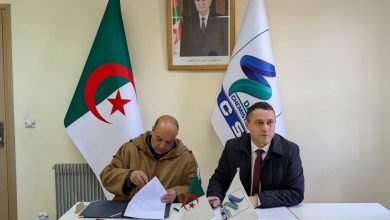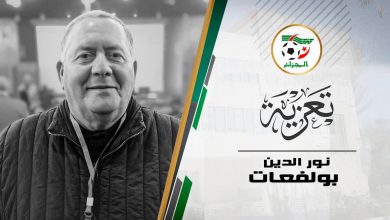Algiers – A senior Algerian official stated on Thursday that the protracted Sahrawi refugee crisis, one of the world’s longest-standing refugee situations, stems from the incomplete decolonization process in the region.
Speaking at the launch of the Humanitarian Response Plan for Sahrawi Refugees 2026-2027, a joint initiative by the United Nations and humanitarian partners, Abdelghani Merabet, Director General for Multilateral Relations at the Ministry of Foreign Affairs, emphasized the underlying cause of the crisis. “It is important to remember that the situation of Sahrawi refugees is not the result of a persistent political, economic, or environmental crisis, but rather the consequence of an unfinished decolonization process,” he asserted.
Merabet further clarified that humanitarian aid remains an “absolute necessity to reach a secure and sustainable political solution in accordance with UN resolutions, international law, and the right of Sahrawi refugees to return voluntarily, safely, and with dignity to their homeland.”
Addressing representatives of UN humanitarian agencies in Algeria, Merabet stated, “While awaiting the Sahrawi people’s free exercise of their right to self-determination, which everyone calls for, it is your duty to support them.” He reiterated Algeria’s readiness to continue its cooperation with all partners, including UN agencies, non-governmental organizations, donors, and Sahrawi authorities, to “ensure respect for commitments, meet needs, and adhere to humanitarian principles.”
Regarding the Humanitarian Response Plan for Sahrawi Refugees 2026-2027, Merabet noted that the document is “more than just a framework” and “affirms the resilience of the Sahrawi people and recalls the international community’s responsibility in addressing one of the world’s longest refugee crises.” He added that the plan “reflects a collective commitment to maintaining essential services for daily life in the refugee camps near Tindouf.”
According to Merabet, this new plan “marks a significant turning point” as it presents, for the first time, “a unified and multi-sectoral humanitarian response plan, bringing together UN agencies, NGOs, the private sector, and the Sahrawi community around a common set of priorities for 173,600 eligible refugees.”




